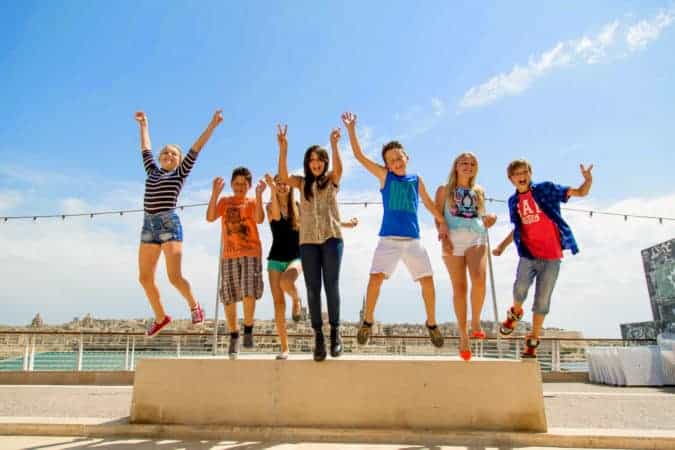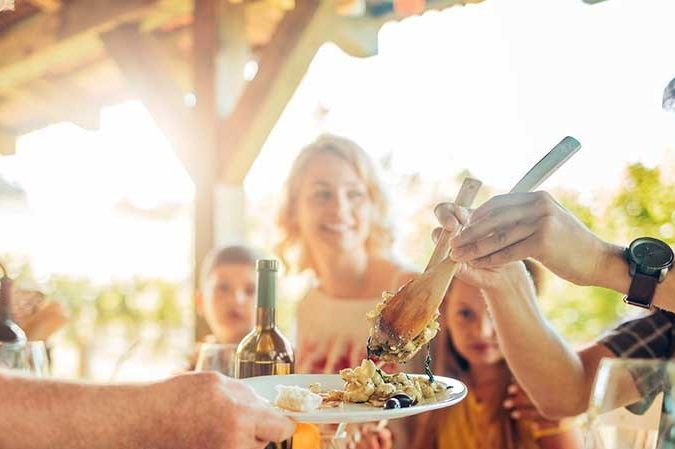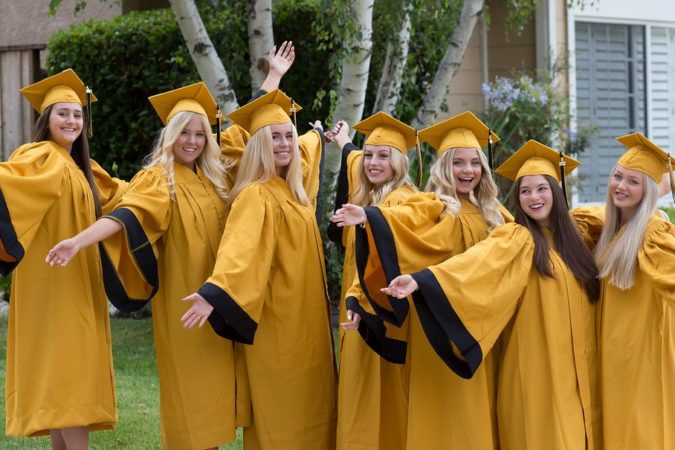School Immersion in Denmark – 15 -17 years old – 3 months to 1 academic year
Our High School programme in Denmark is aimed at all students aged 15 to 18, motivated to study from 3 months to 1 academic year in this country reputed to be the coolest in the world, and to live an unforgettable experience!
You will attend a Danish high school and share the daily life and lifestyle of your host family. This programme offers a real linguistic and cultural immersion in the heart of Danish life.
No previous knowledge of Danish is necessary (beginners accepted), but a good level of English is required.
Denmark is a great place to live and its people are reputed to be among the happiest in the world! What better way to enjoy an extraordinary experience, off the beaten track, and experience ‘Hygge’!
Why study in Denmark?
- An excellent education system,encouragingcritical thinking and individual reflection
- A high quality of life
- The land of ‘Hygge‘, the Danish art of living well
- Environmental protection and sustainable development are an integral part of the Nordic way of life
- The Danes are cheerful, warm-hearted people who have a very close relationship with nature. They enjoy outdoor sports and activities all year round
- Everyone speaks English
Denmark
- population: 5.8 million
- Capital: Copenhagen
- Defined as one of the happiest countries in the world by the United Nations World Happiness Report
- A country where cycling reigns supreme with 12,000 km of cycle paths – 75% of the population cycle even in winter
- A seaside country where it’s impossible to be more than 52 km from the sea
- Renowned the world over for its design, which is omnipresent in the daily lives of all Danes: the Copenhagen School of Design is one of the most sought-after in the world
- Home of the creator of the famous LEGO® toy
- The Danish spirit: “Hygge” (pronounced “hhugueu”) or the recipe for well-being and friendly sharing
Placements take place all over Denmark. The student can therefore be placed in a large city or in a more rural area.
All Danes speak English, but High School classes will be taught in Danish. It is therefore strongly recommended that you prepare for your stay by taking online Danish courses before you leave.











